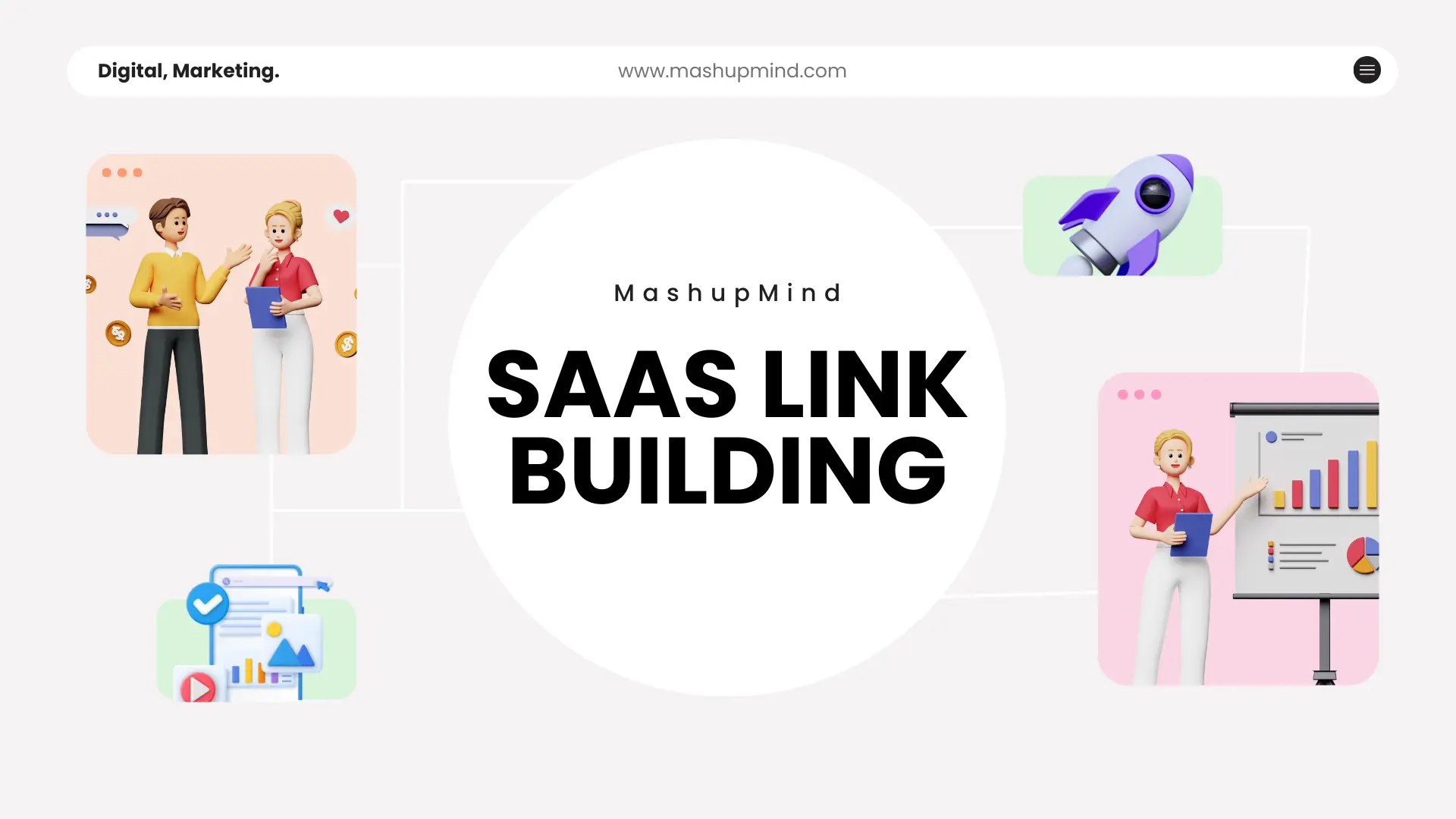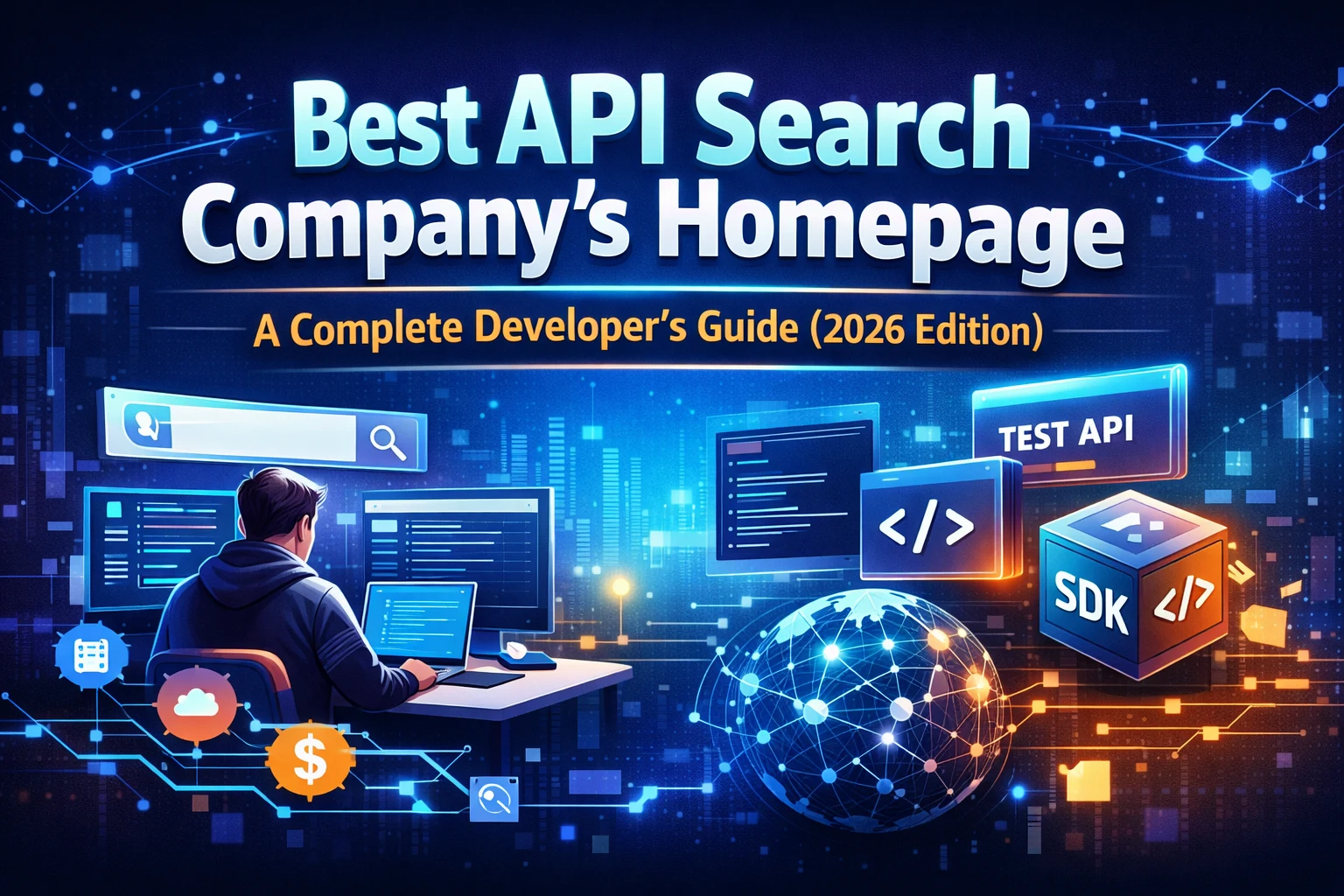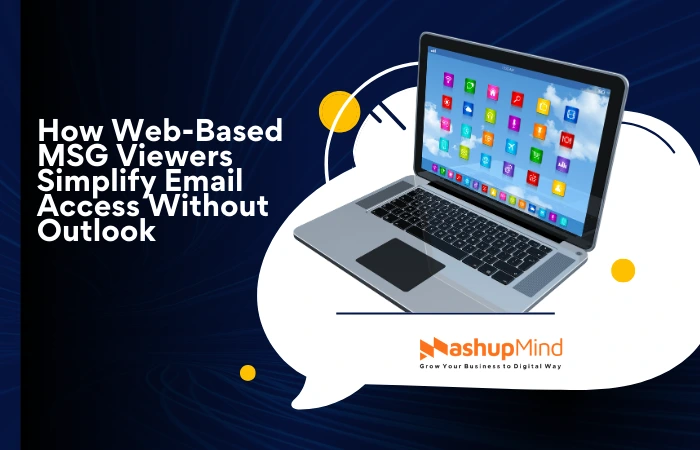Data isn’t just numbers anymore – it’s the backbone of decision-making, strategy, and innovation. Companies are hungry for professionals who know how to work with it, and the right training can set you apart. With so many online options, the challenge is figuring out which program actually matches your goals and schedule.
Below, we’ll walk through some of the most popular choices – from short bootcamps to full master’s degrees – so you can decide what’s worth your time and money.
Best Online Programs for Careers in Data Analytics and Data Science
1. McCombs School of Business, University of Texas at Austin – Data Analytics Essentials
If you want something practical but not overwhelming, Texas McCombs’ data analyst course online is a strong pick. It’s built for working professionals who want to sharpen their skills without leaving their jobs.
What you’ll learn: Excel, SQL, Tableau, Power BI, Python – and how these tools come together to answer real business questions. You’ll also work on projects that feel like actual job scenarios.
Who it’s for: Newcomers to analytics, or managers who want to make smarter, data-driven decisions.
Why it works: The program only lasts 12–16 weeks, it’s hands-on, and you get mentorship along the way.
What’s missing: It doesn’t go too deep into advanced topics like machine learning, so it’s not the best choice if you’re aiming to become a full-fledged data scientist.
Other option: Google’s Data Analytics Professional Certificate (Coursera). It’s cheaper, but UT Austin gives you more live guidance and support.
2. Google Data Analytics Certificate (Coursera)
For anyone just testing the waters, Google’s entry-level certificate is a no-brainer. It’s budget-friendly, flexible, and designed to land you that first analyst role.
What you’ll get: Training in spreadsheets, SQL, Tableau, plus portfolio projects to show employers. Google also includes career resources like resume help and interview tips.
It’s best suited for beginners who want a clear, affordable entry point.
3. MIT MicroMasters in Statistics and Data Science (edX)
This one’s for the academically inclined. MIT’s MicroMasters dives deep into statistics and probability, making it perfect if you want to strengthen your theoretical foundation.
The program can also serve as a stepping stone toward a full master’s degree at certain universities. And since it’s taught by MIT professors, the quality speaks for itself.
4. Great Learning + Deakin University – MS in Data Science Online
Looking for a credential with more weight? A master’s degree in data science is still one of the best ways to move into advanced roles. Great Learning’s partnership with Deakin University offers exactly that – without having to move abroad or quit your job.
What’s included: A mix of Python, R, machine learning, AI, and big data, combined with case studies and industry projects. You also get career coaching and interview prep.
Who it fits best: Professionals with some technical background who want roles like data scientist or machine learning engineer, or anyone looking for a globally recognized degree.
Upside: Broad, in-depth coverage and the flexibility of online learning.
Downside: It’s a serious commitment – around a year long and more expensive than certificate courses.
Similar programs: MIT, Johns Hopkins, and Georgia Tech also run highly regarded online master’s in this space.
5. Udacity – Data Scientist Nanodegree
If you learn best by building things, Udacity has you covered. Their nanodegree program is built around projects co-designed with companies like IBM and Kaggle.
You’ll work with Python, SQL, and machine learning models, and even learn how to deploy them. The mentorship and career coaching make it feel less like self-study and more like guided practice.
Great for people who want a portfolio of projects that proves their skills.
6. HarvardX – Data Science Professional Certificate
For learners who value prestige, Harvard’s professional certificate (on edX) strikes a nice balance between academic rigor and flexibility.
Expect to learn R programming, statistics, inference, and machine learning in a self-paced format. It’s not a master’s, but it carries the credibility of Harvard, which can give your resume an edge.
How to Choose What’s Right for You?
So, certificate or master’s? Short course or year-long program? Here’s a quick way to frame the decision:
- Career goal: Entry-level analysts don’t need a master’s, but data scientist roles often do.
- Background: Some programs assume coding or statistics knowledge.
- Time: Bootcamps take weeks; master’s programs take a year or more.
- Budget: Consider tuition, but also the return on investment.
- Credential value: Certificates help you pivot; degrees carry more long-term weight.
Final Word
Whether you’re switching careers or leveling up, there’s an online program that fits your path. A certificate can give you a quick start in analytics, while a master’s provides the depth and recognition for higher-level roles. Platforms like Coursera, edX, Udacity, and HarvardX also offer flexible alternatives that work around your schedule.
The key is knowing what you want from your career – and picking the program that will actually get you there.







